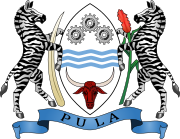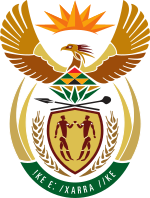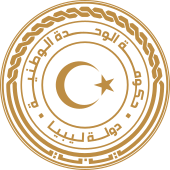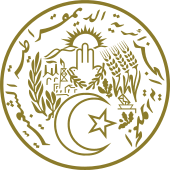Top 10 Richest Africa Countries

The African continent is home to a diverse range of countries, each with its unique history, culture, and economic landscape. While many African nations have struggled with poverty and underdevelopment, some countries have experienced significant economic growth and prosperity over the years. In this article, we will explore the top 10 richest countries in Africa, based on their gross domestic product (GDP) per capita. We will provide an overview of each country's economy, history, and cultural significance, as well as the challenges they face in their ongoing quest for sustained economic growth and development. By examining the successes and struggles of these nations, we can gain insight into the complex dynamics of the African continent and the efforts being made to build a brighter future for its people.
It is important to note that GDP per capita is not the only factor that determines a country's overall wealth. Other factors such as natural resources, infrastructure, and income inequality can also play a significant role.
Richest Africa Countries 2024
- Equatorial Guinea - $26,348
- Seychelles - $19,719
- Mauritius - $11,749
- Gabon - $8,323
- Botswana - $8,125
- South Africa - $6,082
- Namibia - $5,777
- Tunisia - $4,605
- Libya - $4,064
- Algeria - $3,94
1. Equatorial Guinea

Located in Central Africa, Equatorial Guinea is a small country with a population of around 1.4 million people. It is one of the largest oil producers in sub-Saharan Africa and has experienced rapid economic growth over the past decade. However, much of the country's wealth is concentrated in the hands of the ruling elite, and poverty remains a significant issue.
2. Seychelles

A small island nation in the Indian Ocean, Seychelles has a population of around 100,000 people. It is known for its stunning natural beauty, which has made it a popular tourist destination. The economy is based primarily on tourism and fishing, and the country has made significant progress in recent years in reducing poverty and improving access to healthcare and education.
3. Mauritius
Another island nation in the Indian Ocean, Mauritius has a population of around 1.3 million people. The economy is diversified and includes sectors such as tourism, financial services, and manufacturing. Mauritius has one of the highest GDP per capita rates in Africa and has made significant progress in reducing poverty and improving access to healthcare and education.
4. Gabon

READ ALSO » Top 10 Worst Countries In Africa To Live And Work
Located in Central Africa, Gabon has a population of around 2.1 million people. The economy is based primarily on oil production, and the country is one of the largest oil producers in sub-Saharan Africa. However, much of the country's wealth is concentrated in the hands of the ruling elite, and poverty remains a significant issue.
5. Botswana

A landlocked country in Southern Africa, Botswana has a population of around 2.4 million people. The economy is based primarily on diamond mining, and the country has been able to use its natural resources to achieve significant economic growth and reduce poverty. Botswana has one of the highest GDP per capita rates in Africa and is known for its stable political climate and commitment to democracy.
6. South Africa

The most populous country in Africa, South Africa has a population of around 59 million people. The economy is the largest on the continent and is diversified, including sectors such as mining, finance, and manufacturing. However, the country faces significant challenges, including high levels of income inequality, high unemployment rates, and ongoing issues with crime and corruption.
7. Namibia

Located in Southern Africa, Namibia has a population of around 2.5 million people. The economy is based primarily on mining and fishing, and the country has made significant progress in reducing poverty and improving access to healthcare and education. However, income inequality remains a significant issue, and the country faces ongoing challenges related to drought and climate change.
8. Tunisia

Located in North Africa, Tunisia has a population of around 11 million people. The economy is diversified and includes sectors such as tourism, manufacturing, and agriculture. Tunisia has made significant progress in reducing poverty and improving access to healthcare and education, but the country faces ongoing challenges related to political instability and unemployment.
9. Libya

Located in North Africa, Libya has a population of around 7 million people. The economy is based primarily on oil production, but ongoing conflicts and political instability have severely impacted the country's economy and social infrastructure. Libya has been dealing with a civil war since 2014, and the country faces significant challenges related to instability and violence.
10. Algeria

Located in North Africa, Algeria has a population of around 44 million people. The economy is based primarily on oil and gas production, and the country has one of the largest economies in Africa. However, much of the country's wealth is concentrated in the hands of the ruling elite, and poverty remains a significant issue. Algeria also faces ongoing challenges related to political instability and terrorism.
READ ALSO » Top 10 Most Peaceful Countries In Africa
In summary, each of the top 10 richest countries in Africa has its unique strengths and challenges. While some have been able to leverage their natural resources to achieve significant economic growth, others have made progress in reducing poverty and improving access to healthcare and education. However, all face ongoing challenges related to political instability, corruption, and income inequality, which will need to be addressed to ensure sustained economic growth and development.
